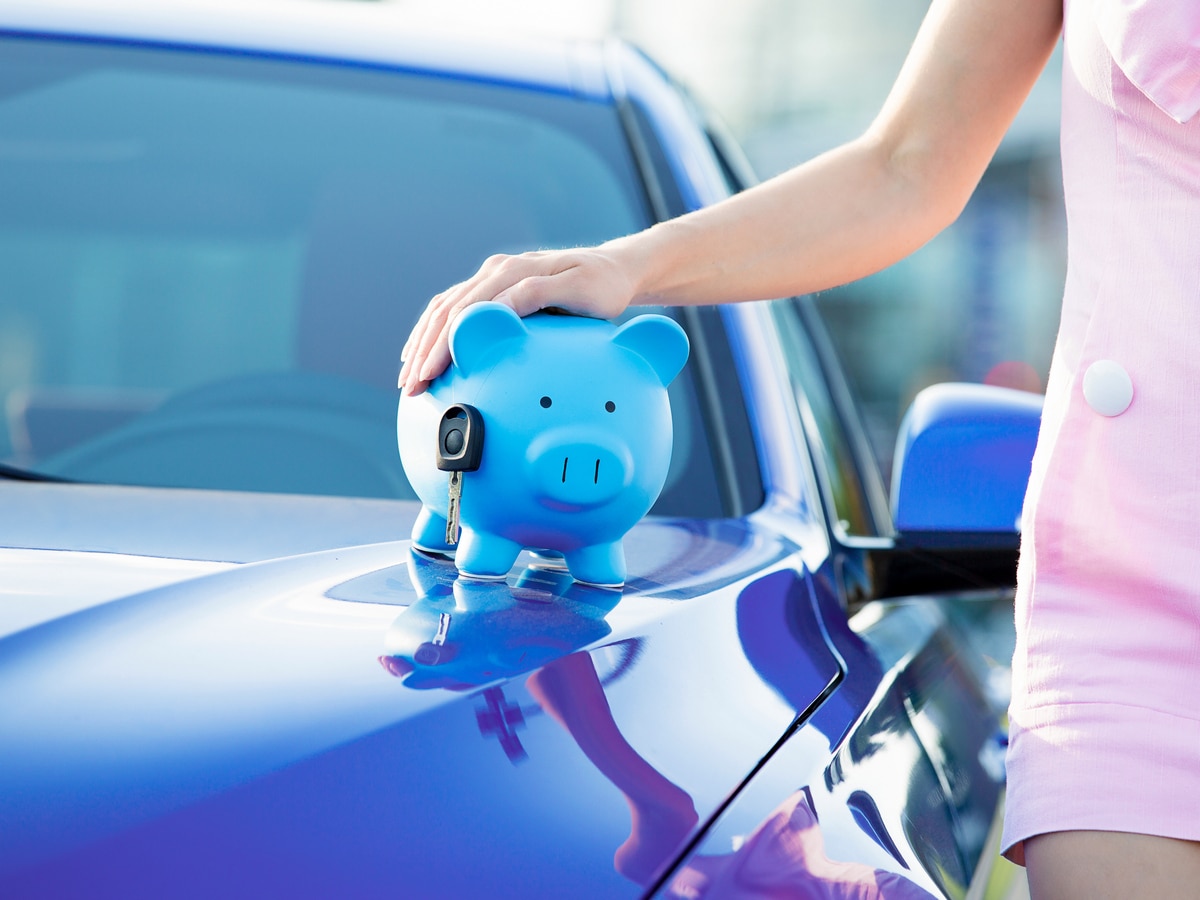
There’s little doubt that certified pre-owned programs and sales of lease/rental returns are a relatively hassle-free way to pick up a used car. But the best deals are often found where there’s more risk: on the private market. Best of all, you can throw down cash and have a car the same day without having to deal with an excess of attorney-recommended paperwork. Sounds good, right?
There are a few things you should keep in mind if you decide to navigate the treacherous, but invigorating waters of private cash sales. Here are a few tips that will help you steer clear of peril as you make your way from one end of the transaction to the other.
1. Know what you want
Having an idea what you’re looking for is helpful. If "deals" are all that’s on your radar, your mentality comes pre-softened for the seller who wants nothing more than to get you into the ride that most benefits his/her profit motives. The car or truck a seller wants to get rid of may not be what’s best for you. Ask yourself tough questions before beginning your search. At the very least, pick a style you like. Bearing that in mind…
2. Know what the vehicle is worth
When you’ve figured out what you’re looking for, check Kelley Blue Book to determine a benchmark price. When someone says, "X dollars under book!" in an ad, make sure you can verify that (and then figure out why it’s underpriced). Conversely, if someone is asking $22,000 for a vehicle that’s only worth $17,000, you should be able to weigh the seller’s justification for the price hike and be ready to walk away from the sale.
3. Consider primary use
What will you be doing with this vehicle most of the time? Certain cars make better around town commuters than others, while long-distance highway travel calls for a different type of vehicle. If you need to haul things, perhaps a truck or van is your best bet. Then again, if the possibility that you might need 4-wheel drive to attack a mountain trail is remote at best, perhaps something smaller and more fuel efficient would be a better option. Remember, only you know what you need. Most sellers just want to unload a car upon whoever will take it.
4. Think of your passengers
Even if you’re going to be the only one driving the car most of the time, you should also consider whether there will be enough room for passengers if you find yourself ferrying other people to and fro on a regular basis. If you have children, think about how many child safety seats you can realistically fit in the back row. Conversely, consider a 2-seater if you’d like to discourage passengers from pestering you for rides. That can be a smooth way to sidestep moochers.
5. Know your fuel economy numbers
What kind of fuel economy are you shooting for? Better fuel economy means lower operating costs, and smaller vehicles tend to be less thirsty than larger, heavier ones. Can you get by with something thriftier? If you have an array of different makes and models in mind, have a good idea about what their fuel economy is supposed to be by checking fuel economy ratings with the EPA online. Gas mileage is also a good way to gauge a vehicle’s mechanical condition. For example, if you know a hatchback is supposed to get 30 mpg, but the seller moans about excessive consumption or seems reluctant to commit to the EPA spec, assume the worst. Which brings us to our next point…
6. Be a psychologist
What kind of a mood is the seller in? If he or she seems defensive, overly sweet, shifty, anxious or aggressive, it could be just a bad day in that person’s life. Or it could be a sign that the seller is attempting to unload a problem onto an unsuspecting buyer. In other words, use your gut instinct if you can. Does the seller seem trustworthy? This advice may not be all that scientific, but neither is the process of buying a used car. Withholding trust can be an ugly feeling – and will most likely lean heavily upon your preconceived notions about people – but thinking bad thoughts about a stranger once in a blue moon will undoubtedly do you less harm than getting stuck with a lemon. It’s not that people are generally bad, but they do tend to look after their own interests first. After all, isn’t that why you’re scouring Craigslist for a killer deal instead of paying full price at a reputable establishment?
7. Look up safety features
One man’s cool car is another man’s death trap. Generally speaking, cars and trucks have become much safer over the past few years. Crash testing is more stringent and lighting standards have improved. Still, some vehicles are better than others in this regard. When deciding which vehicle is best for you, find out which ones meet your standards. You can also check crash test scores and recalls with the National Highway Traffic Safety Administration (NHTSA) online. Keep in mind that many consumers are ditching older cars for ones with more recent active and passive safety features. You don’t want to end up with something that isn’t as safe as you’d like it to be but is difficult to sell due to its lack of cutting-edge safety features or an open recall.
8. Run a VIN report
If you’re going to purchase a vehicle, it’s a good idea to do a little research to see if it has a clean title. Many listings will include that information, but it’s wise to look for yourself. A VIN check will tell you if the vehicle has ever been in any major accidents, or if it has been declared a total loss or issued a salvage title. If you know what you’re doing, drawbacks such as these can mean a deeply discounted price. But most potential buyers will prefer the peace of mind that comes with purchasing a vehicle that hasn’t been rebuilt after a flood. Also, be wary of VIN reporting agencies. Some are actually scams designed to take your credit card. Find out which ones are legit before you enter your financial information for payment.
9. Ask to see repair records
Every motor vehicle breaks now and then, and any car worth its salt has been sent to a mechanic for routine maintenance like oil changes, tires and brake jobs. Bigger mechanical repairs, along with windshield replacements and other bodywork, indicate hard use. In other words, too many records could mean the vehicle has been run through the wringer, while too few could indicate that it has been neglected, although this is not a hard, fast rule.
10. Get the vehicle checked by a mechanic
Before you go look at the vehicle, find a reputable repair shop nearby and make an appointment so that you can take it there during your test drive and have it checked out. If the seller is resistant to the idea, or is insistent on a particular mechanic, err on the side of caution and walk away. There are millions of other used vehicles out there, and you don’t need to battle with someone over performing your due diligence as a buyer.
11. Check kbb.com for listings
Kelley Blue Book lists thousands of dealer and private party used car listings on its website. You can browse them and also take advantage of other tools on the site like Instant Cash Offer, which is a way to either trade-in or sell your current ride to participating dealers.
12. Look into electronic payment
You may not mind showing up at a stranger’s house with the afore-mentioned cash-stuffed envelope in your pocket, but think of how silly you would feel if you accidentally lost that envelope? (Author’s note: I once sold a ’68 Mustang, for which I received a bulging envelope filled with $100 bills. When I got to the bank, I accidentally dropped the envelope, scattering C-notes all over the parking lot. Fortunately, the wind died down for the few seconds it took me to scurry back and forth picking them up.) Services like Venmo and PayPal offer a more secure method of transfer and remove the need to go to the bank.







